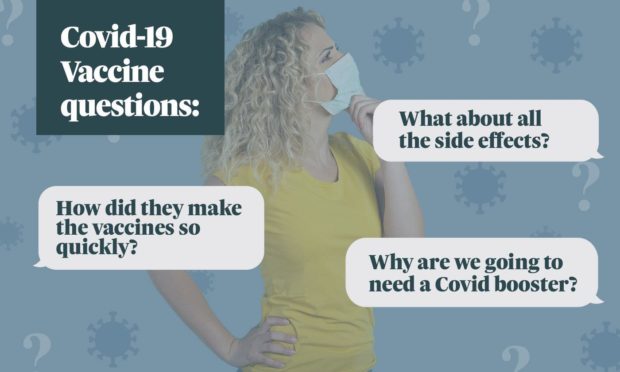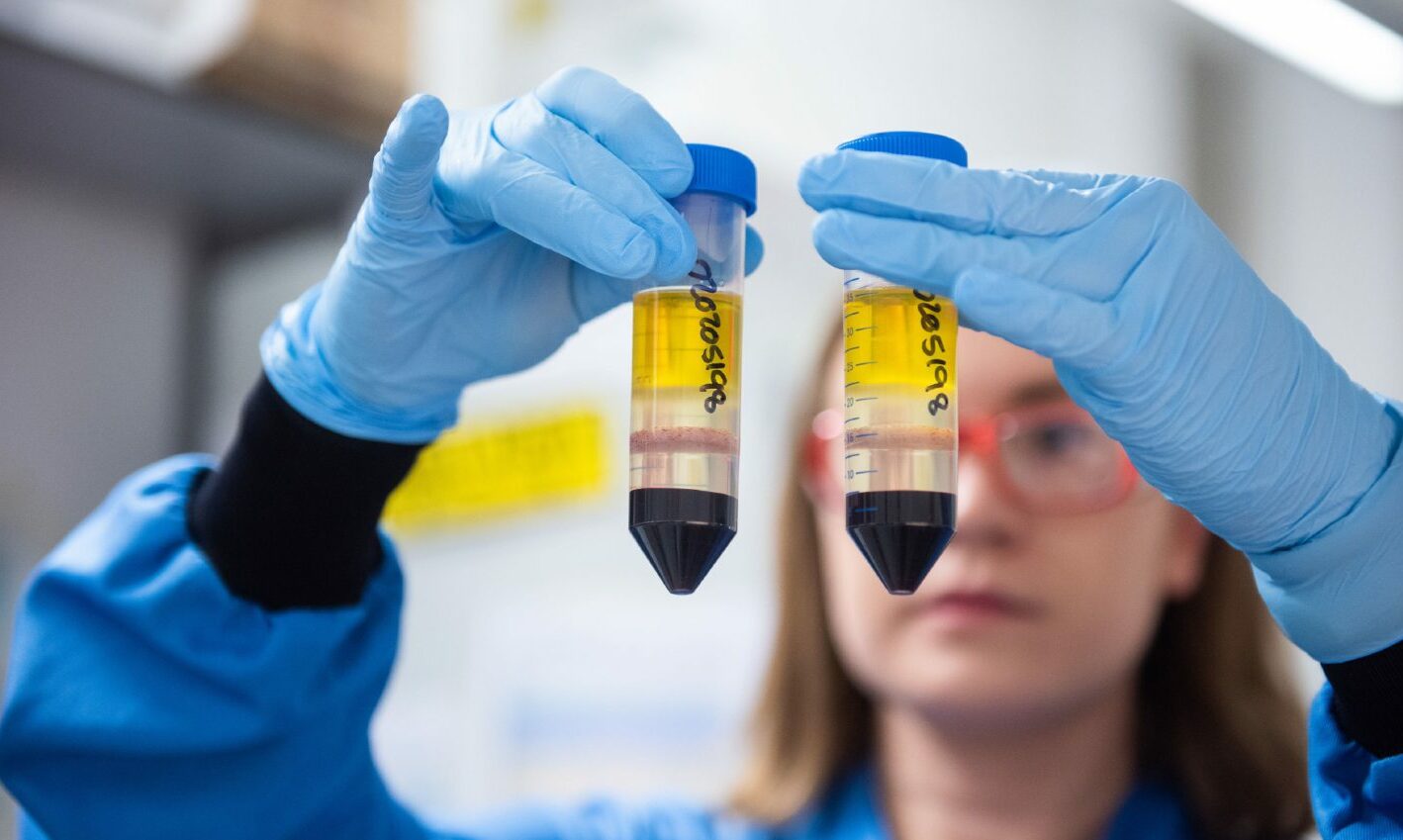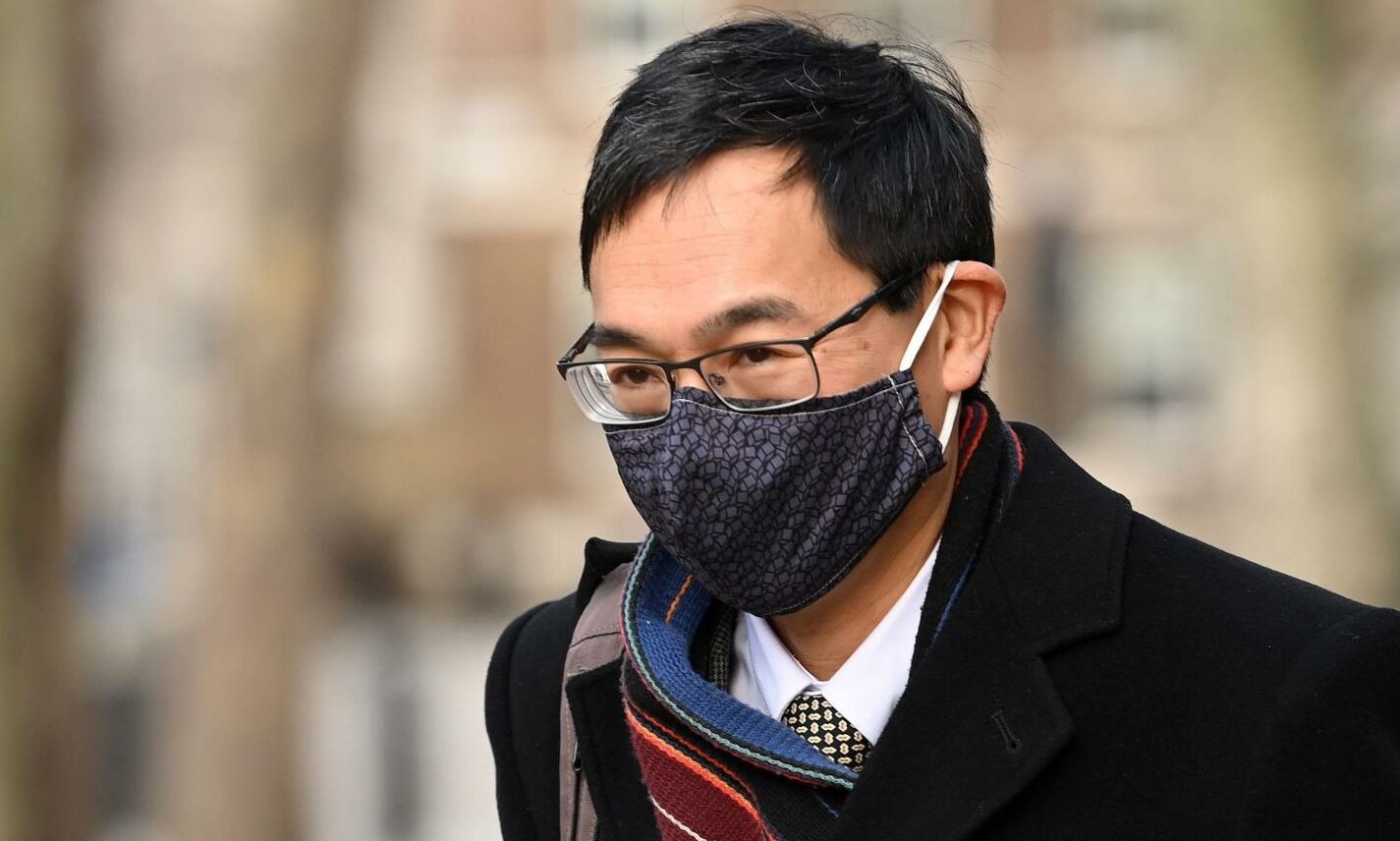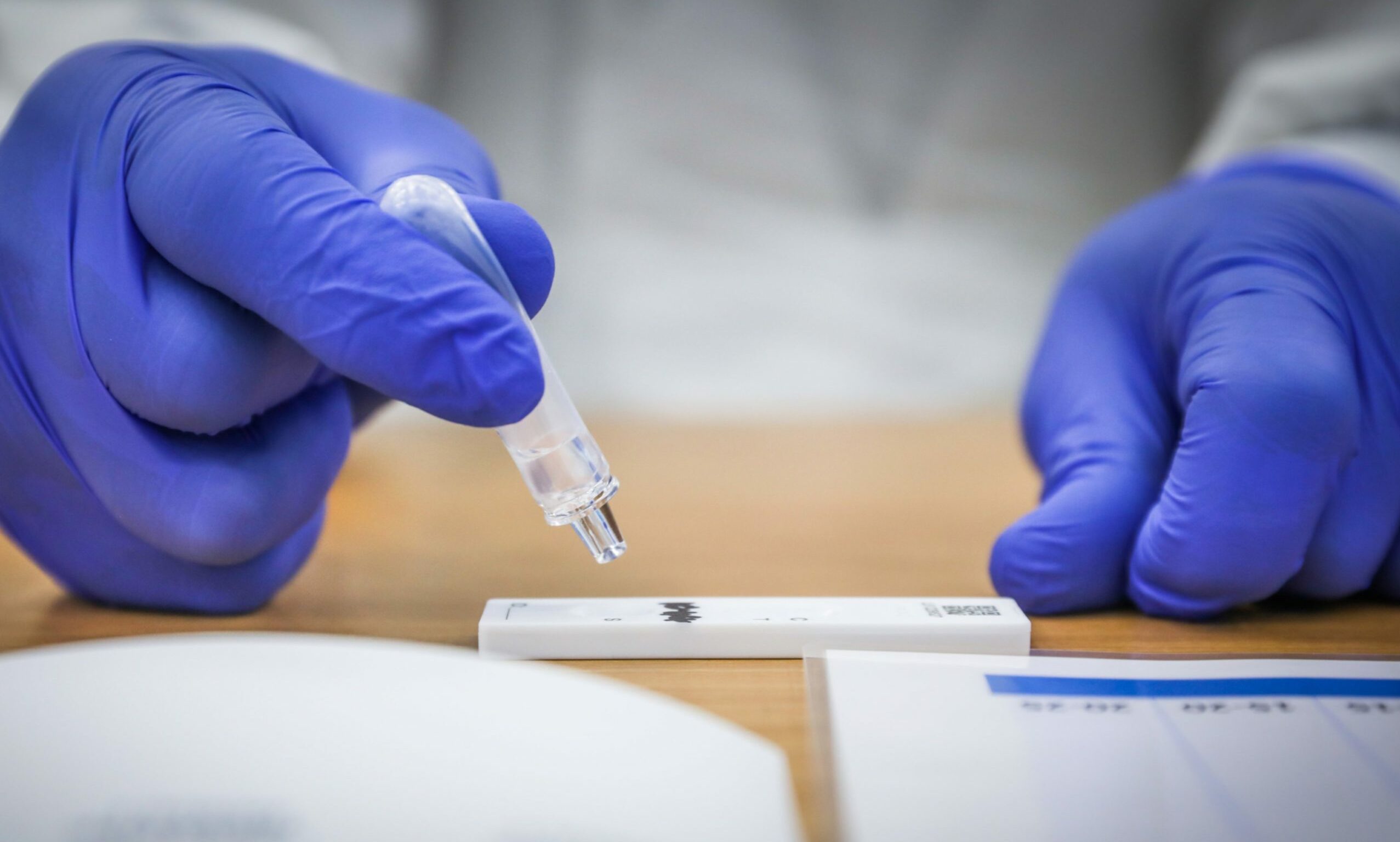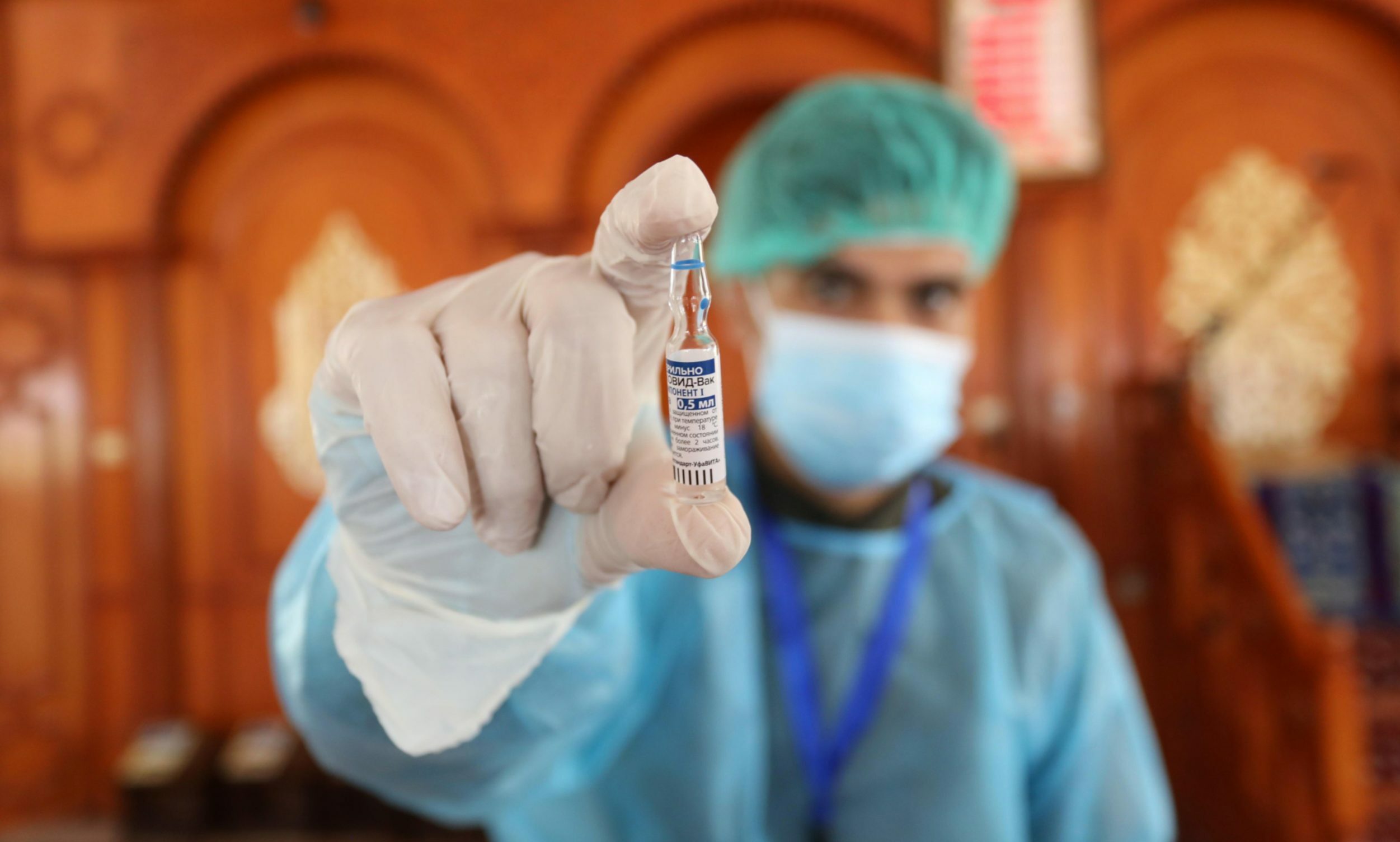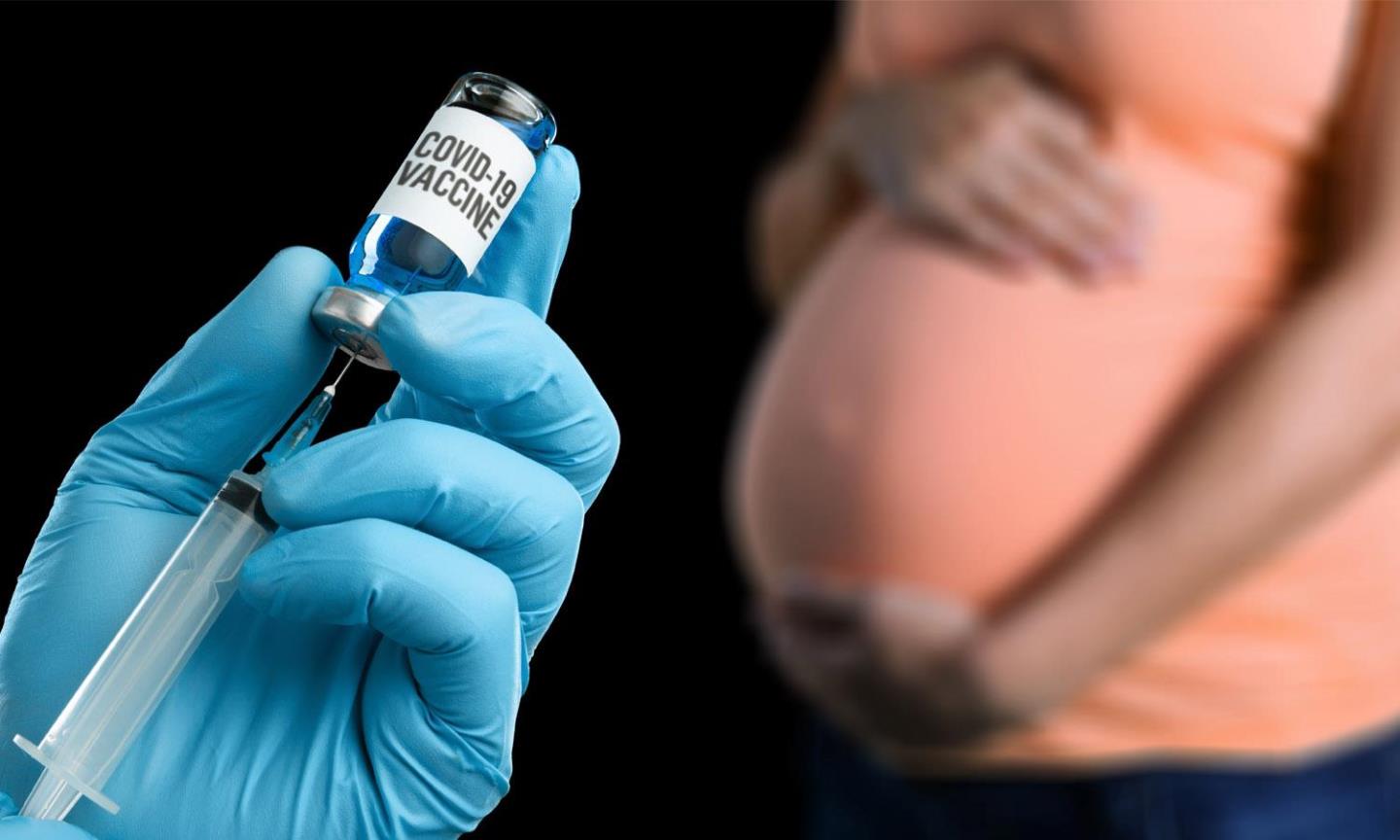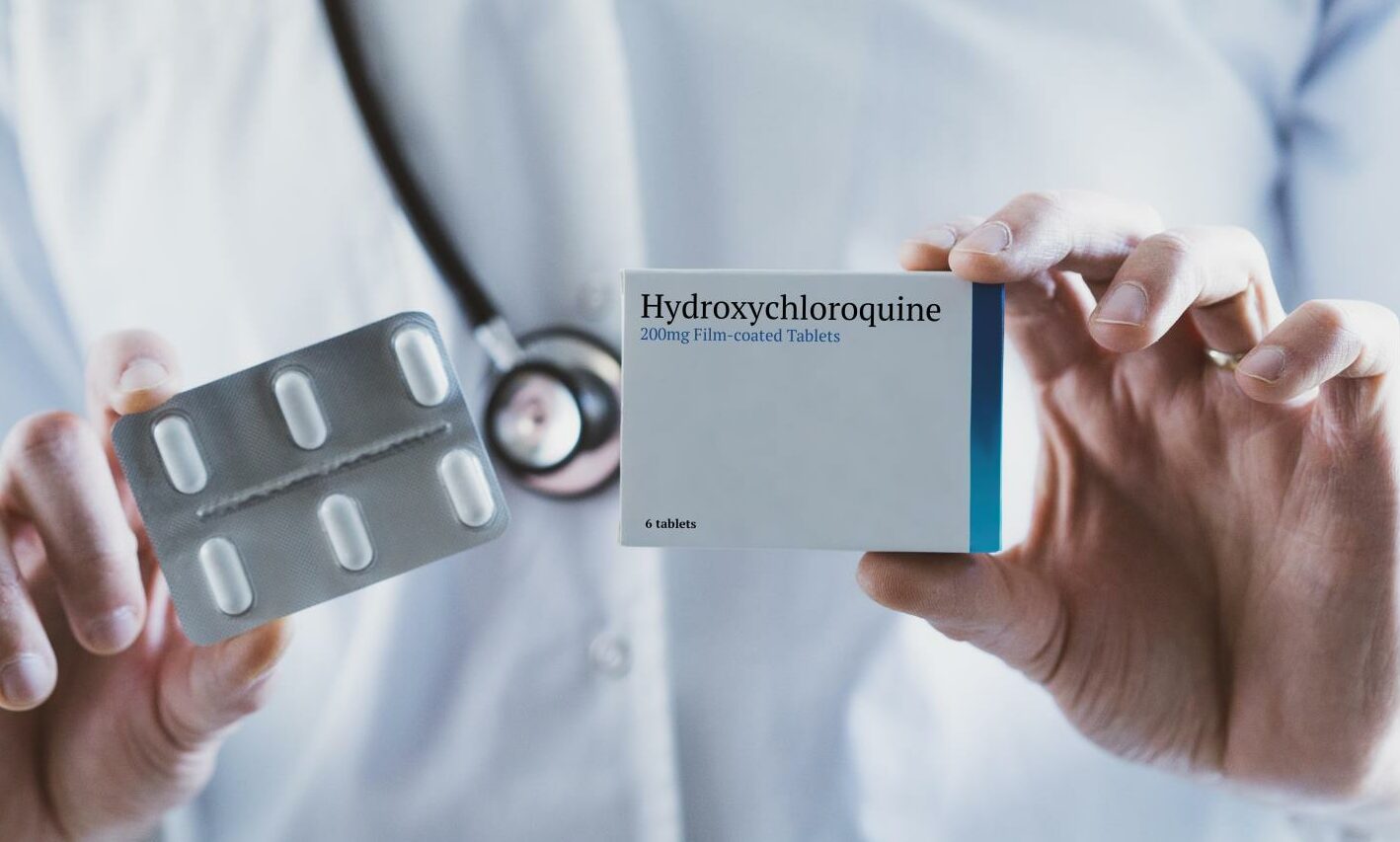We’ve spoken to the experts to answer some of the key questions you have about the Covid vaccine – are the jabs safe, and what are the risks?
Q: “How did they make a Covid vaccine so quickly?”
The standards which have to be met for immunisations to gain approval are higher than other medicines as they are typically given to healthy people.
With this in mind, the fact a Covid vaccine was approved for use in the UK almost exactly one year after the first case emerged in Wuhan could seem surprising.
But medical research typically focuses on small groups and specific illnesses – rather than a global pandemic affecting millions of people at once.
For this reason, large sums of money were invested in medical trials to find a solution to Covid-19, with huge numbers of scientists across the world all working on this one issue.
Jillian Evans, the head of health intelligence for NHS Grampian, said: “It went through the same safety precautious and rigorous research processes as any other clinical trial.
“The difference with this was the sheer interest in having a vaccine developed so quickly.
“Lots of money was given to vaccine trials and lots of people came forward to take part in them.
“Those two hurdles normally take years and years.”
Q: “If the vaccine trials are still taking place, are they safe?”
It is standard practice that all medications are monitored after they are approved for use – and this process can be classed as a clinical trial – but this does not mean they are untested or unsafe.
All of the jabs have had their trial data published and peer-reviewed – essentially, double-checked by other scientists from the field.
In the UK, some were approved using emergency powers – but all this did was allow the vaccines to rolled out faster, rather than waiting for the centralised European Medicines Agency to do so.
The Oxford Vaccine Group said the safety of the Covid jabs is reviewed on a weekly basis, with all reported side effects monitored.
Before a vaccine even reaches that stage it has passed through three phrases of study – typically involving around 100 participants, several hundred and then several thousand, respectively.
Once it has been reviewed by the UK government’s Medicines and Healthcare products Regulatory Agency (MHRA), Phase IV studies keep an eye on the effects of the vaccine in the wider population.
Q: “What about the side effects: People are dying from blood clots, what are the risks?”
While some people have developed the likes of blood clots from the vaccines – particularly the Oxford University-AstraZeneca jab, also known as Vaxzevria – the risk is still very low.
In March several European countries suspended use of the jab while the matter was explored in more detail, but have since resumed the roll-outs.
UK data up to July 7 2021 shows a total of 405 reports, including 74 deaths, out of almost 50 million AZ jabs administered, for any forms of blood clots.
When counting only first or unknown doses, this is the equivalent to 14.8 people in every million – a lower rate than from Covid itself, a four-hour flight or the contraceptive pill.
Advice from the JCVI is that under-40s should receive a different vaccination instead, but receiving AstraZeneca is better than getting nothing then catching covid.
Professor Wei Shen Lim, the group’s Covid-19 chairman, said: “Safety remains our number one priority.
“We have continued to assess the benefit/risk balance of Covid-19 vaccines in light of UK infection rates and the latest information from the MHRA.”
More information on the vaccine side effects is available on the NHS Inform website.
Q: “If the vaccine works, why are unvaccinated people a concern – and why are people still in hospital?”
While the Covid vaccines lessen our chances of becoming seriously ill with Covid, they do not offer total immunity from the virus.
Even people who have had both jabs can still catch coronavirus as no vaccine – for any condition – is 100% effective.
People are being encouraged to get vaccinated and test themselves regularly to help slow the spread of the virus.
A spokeswoman from NHS Grampian explained: “Unvaccinated people are a particular concern with Covid-19 because we know one in three people with the virus don’t have any symptoms.
“This means they don’t have any noticeable signs that they are unwell and they could therefore be spreading the virus without realising.
“It is still possible to catch Covid-19 when double vaccinated, though the severity of the illness should be much reduced.”
Q: “Can I choose which jab I get?”
All of the vaccines have been deemed safe and approved for use – but there are fears giving people a choice might make some appear better than others.
Due to the widespread roll-out of the jabs, stock levels cannot always be guaranteed – so letting people pick which they’d prefer could cause delays.
Research is taking place into whether people could “mix and match” their jabs in the future.
Having different manufacturers for the same, or similar, medications is nothing new.
Even places offering the annual flu jab will be juggling stock levels of a few different “brands”.
Due to the prominence of the pandemic in everyone’s lives, people are more aware of the different Covid vaccine manufacturers than they are other medications – potentially making any differences seem much greater than they are.
An NHS Grampian spokeswoman said strict national guidance guidelines are in place to prevent people choosing their jab, and added: “When an individual attends their appointment, the vaccinator reviews their age and underlying health history and an appropriate vaccine is offered accordingly.
“It is not possible for individuals to choose which vaccine they would prefer.”
Q: “Why aren’t we giving the vaccine to kids?”
Some children over 12 are now being offered the Pfizer/BioNTech jab if they are vulnerable, or live with someone immunocompromised.
In general, youngsters are less likely to get seriously ill if they catch Covid – but UK government figures do show almost 30 under-18s have died from the virus amid the pandemic.
A medical trial with 1,000 children aged 12-15 took place in the US and found any vaccine side effects were “generally short-lived, and mild to moderate”.
But doctors say there is not enough widespread evidence to demonstrate the benefits of vaccinating children against Covid would outweigh the potential risks.
Q: “Will the jab make me infertile or affect my pregnancy?”
Absolutely not. Scotland’s national clinical director, Jason Leitch, said it is “biologically implausible” that any of the jabs could affect anyone’s fertility.
We have also compiled a Q&A about the Covid jabs and pregnancy to answer other concerns.
Studies in the US, where more than 100,000 pregnant women have received a Covid vaccine, have not flagged up any safety concerns.
And Public Health Scotland says almost 4,000 pregnant women have had a jab – with “no serious pregnancy-related adverse events”.
For more information, see our guide to each of the vaccines approved for use in the UK – including what they contain and how they work.
Q: “Why is ______ not being used as a treatment?”
Scientists are constantly working to develop new treatments for all sorts of conditions, including Covid-19.
Some are more effective than others, but all have to meet safety standards before they can be prescribed.
Interest has been growing in a number of different medications, with people suggesting they could be used in the fight against the pandemic.
- Hydroxycloroquine
Last year former US President Donald Trump hailed the anti-malaria drug hydroxychloroquine as a potential Covid cure.
In some countries, as many as 70% of patients are given it as part of their coronavirus treatment.
But researchers have found it has no benefits in this case – and could cause additional side effects.
- Invermectin
The US Food and Drug Administration has warned against people using invermectin – a treatment for worms and headlines – to protect against Covid.
It said a number of people have been hospitalised after taking certain forms of the drug designed for horses, which are much stronger than those for humans.
While clinical trials are underway regarding this, it has not been approved for use regarding Covid.
- Nasal spray
And an ad campaign against a nasal spray claiming to kill 99% of Covid particles was criticised by consumer group Which?, claiming it could “potentially mislead” customers.
The organisation said the product was “too good to be true” with limited evidence that it works as described.
